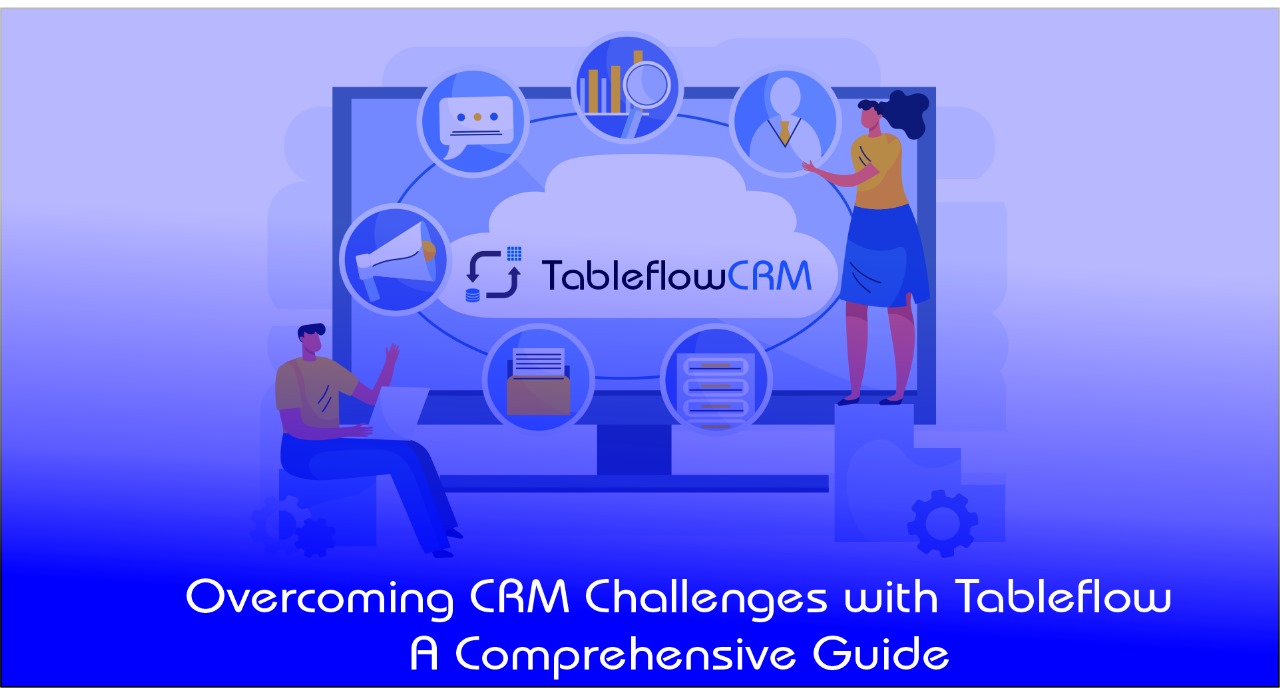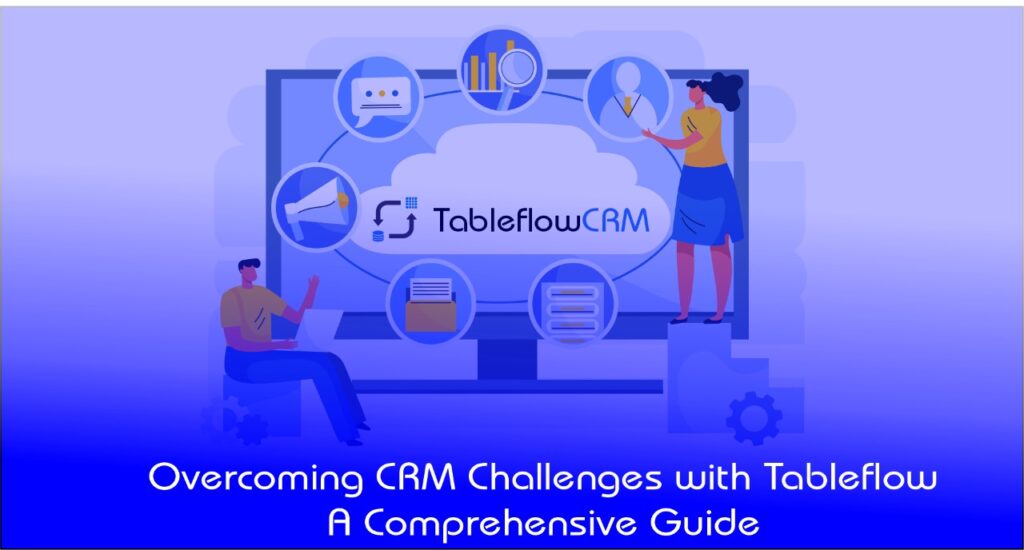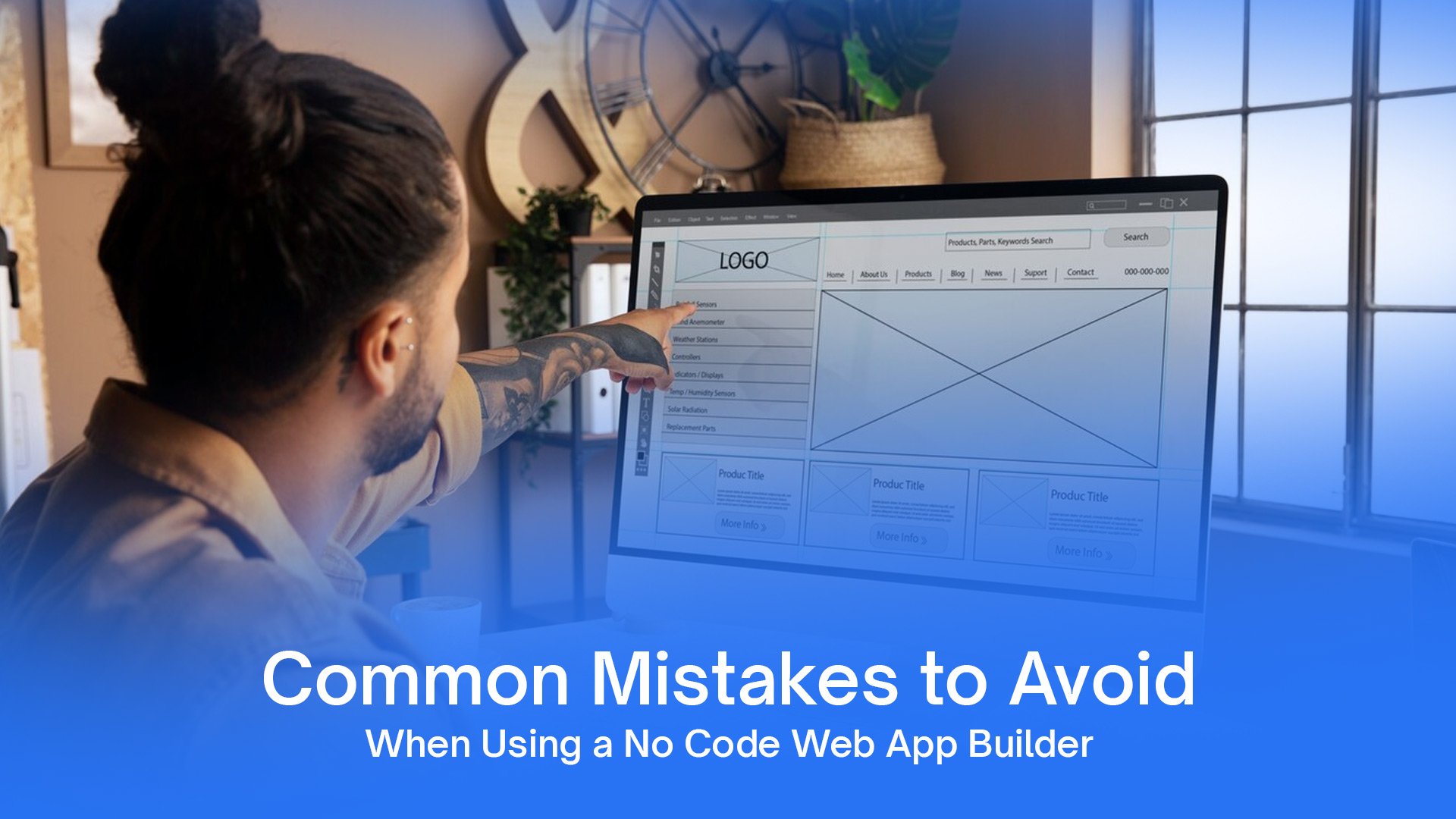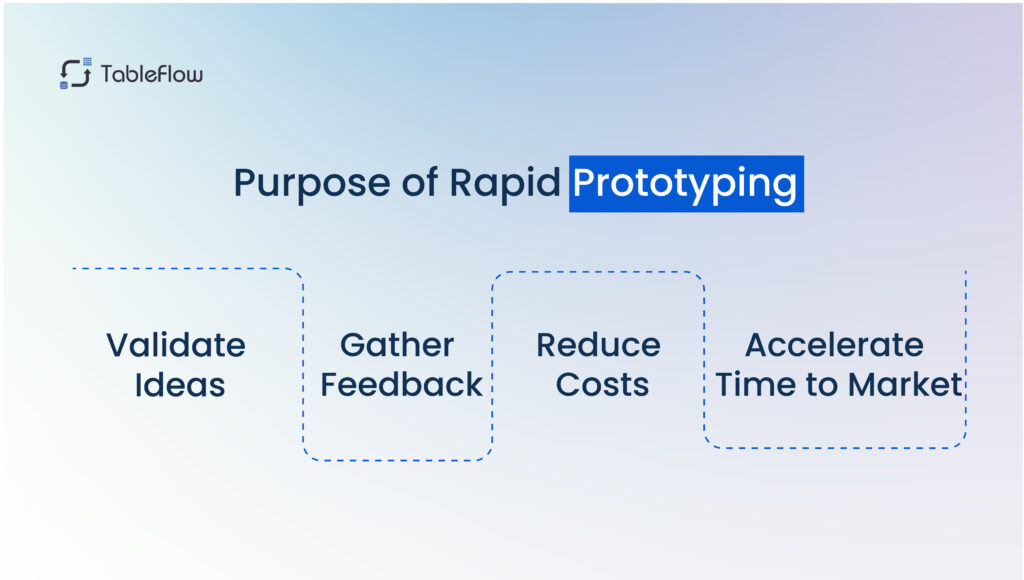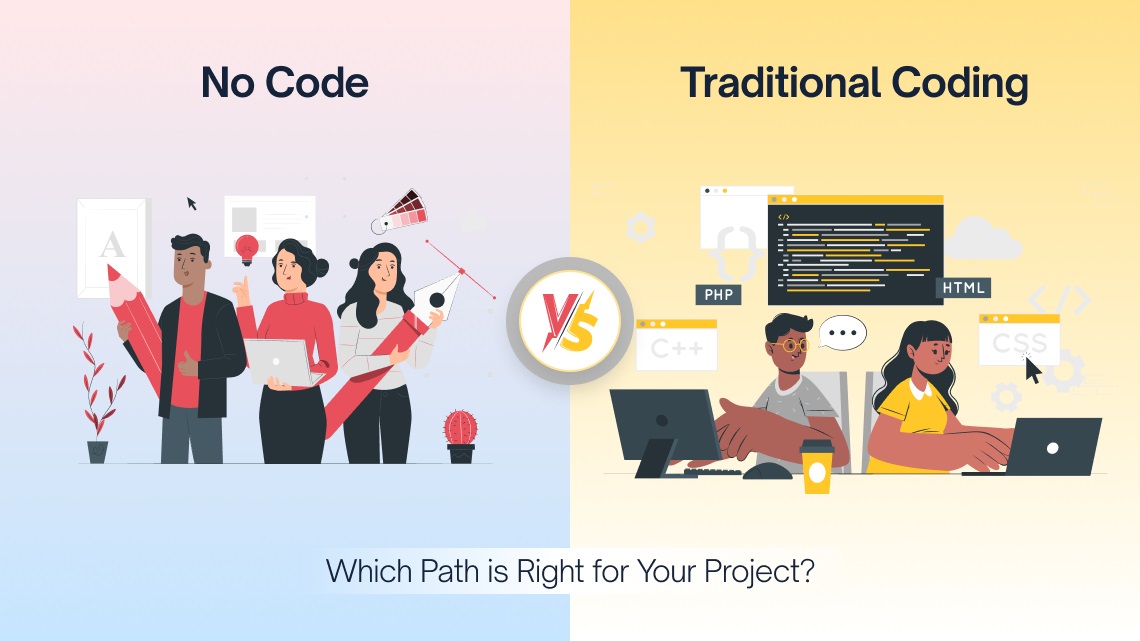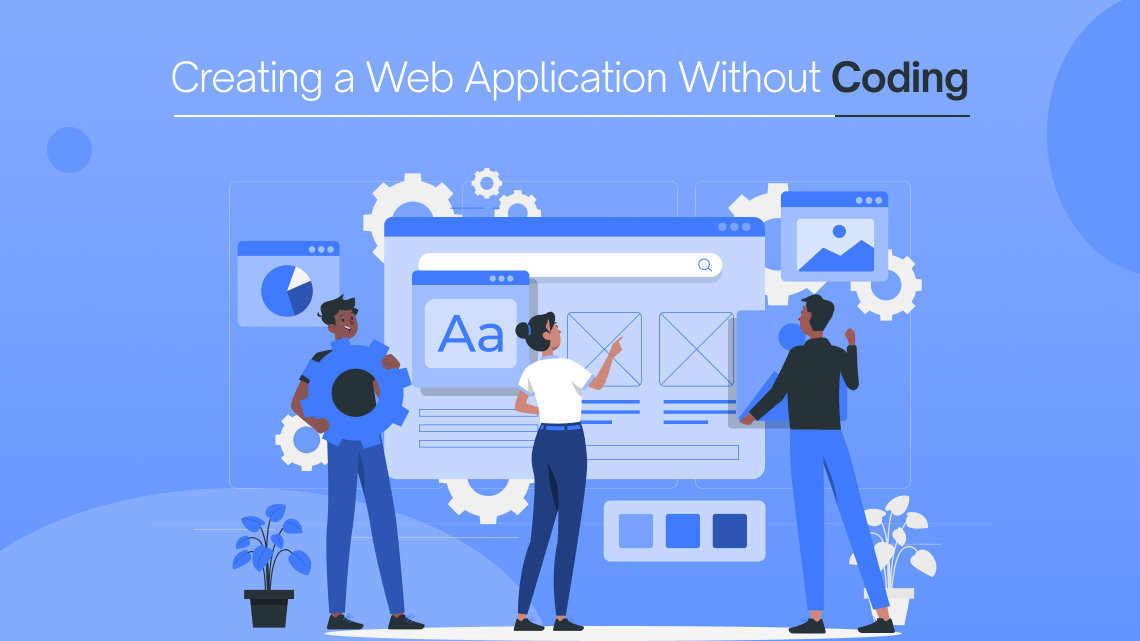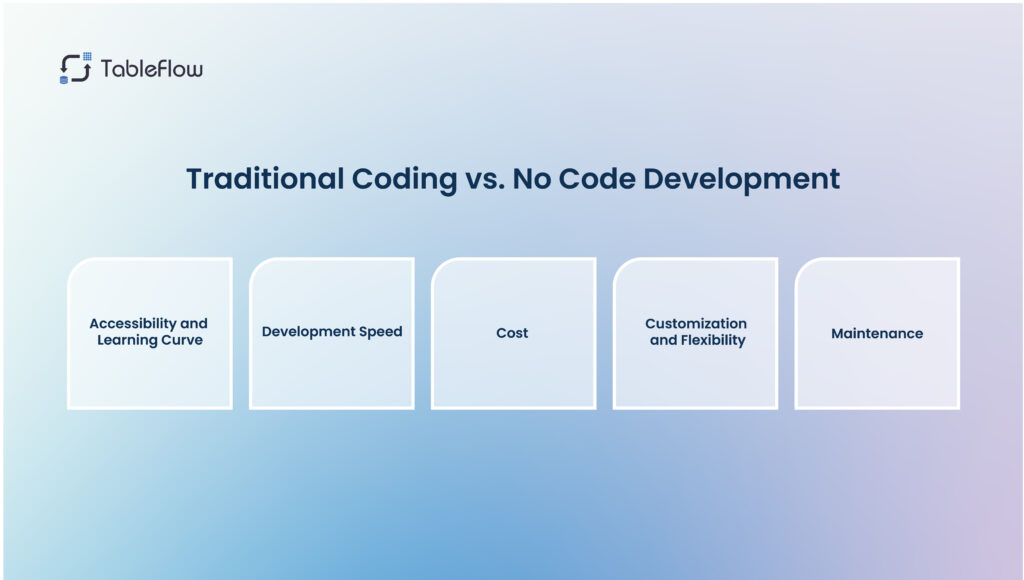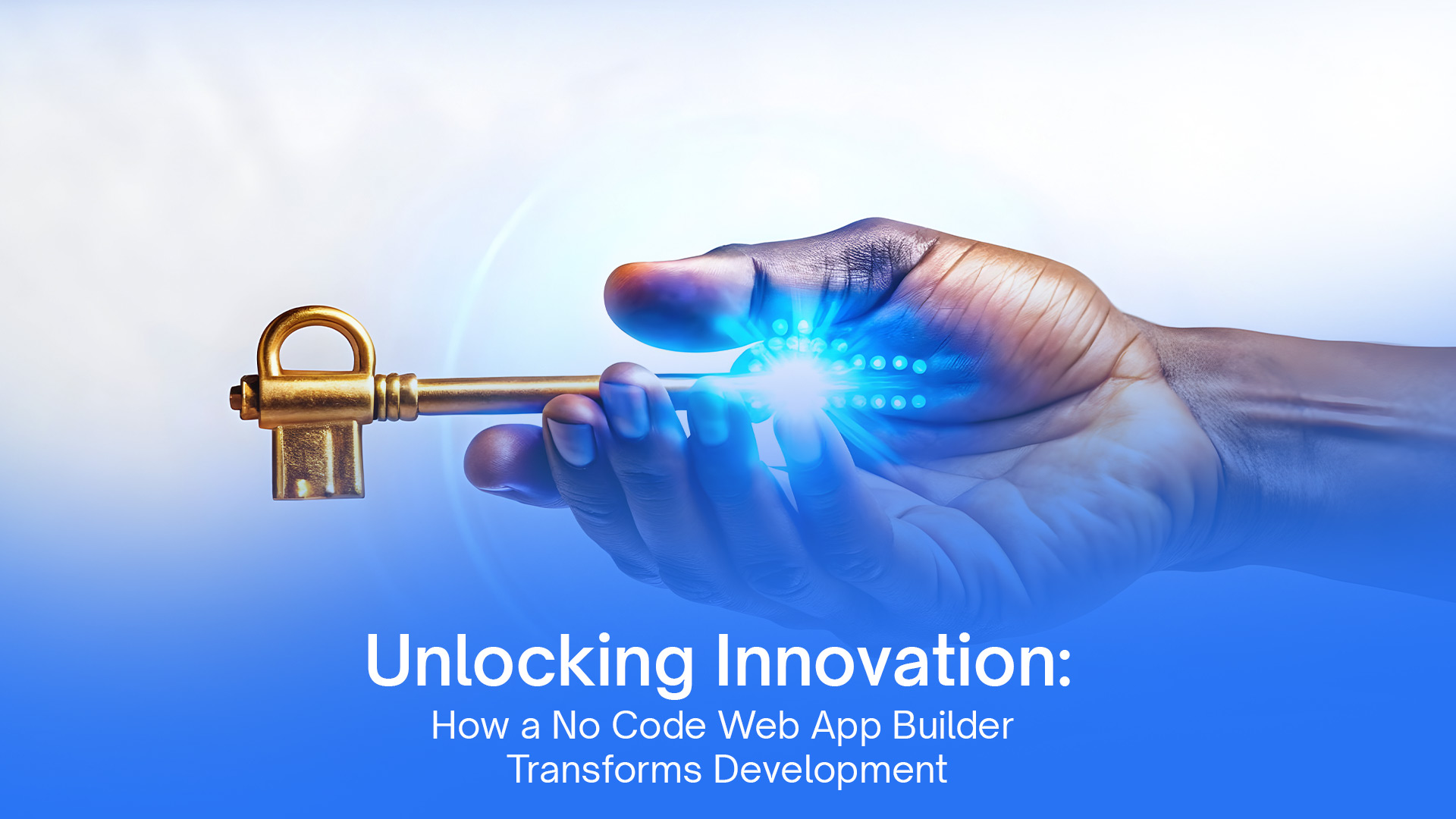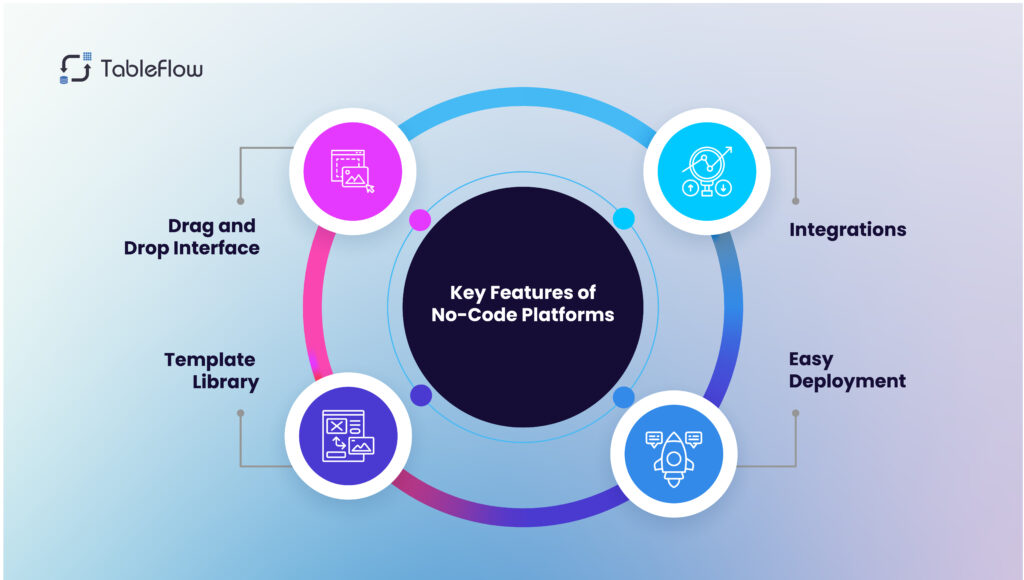In today’s fast-paced digital landscape, businesses are increasingly looking for agile, flexible, and cost-effective solutions to streamline their operations and enhance customer experiences. Readymade products from big companies, while robust, often come with limitations that prevent companies from meeting their unique needs. Customized web applications built on a no-code platform provide the perfect alternative, offering tailored solutions that evolve alongside business demands.
Below, we delve into the challenges posed by off-the-shelf applications and showcase real-world examples comparing these industry-standard products with the bespoke offerings available through TableFlow‘s no-code platform.
Challenges with Traditional Readymade Solutions
Big companies like Zoho, Salesforce, and others have made their names by providing comprehensive SaaS products that cover a broad range of functionalities. However, these platforms typically struggle with:
- Limited Customization: Out-of-the-box solutions can rarely adapt perfectly to the highly specific processes of diverse businesses.
- Rigid Workflows: Fixed templates and workflows may hinder companies that require agile modifications.
- High Costs for Extended Customization: When businesses need to tweak their applications, they often face expensive, time-consuming modifications.
- Scalability Issues: Solutions designed for a wide audience may not scale down effectively for niche business processes.
Customized web apps built using a no-code platform address these challenges by empowering businesses to tailor their applications to fit unique requirements without lengthy development cycles or excessive costs.
Real-World Examples: Big Companies vs. TableFlow
1. Zoho CRM vs. TableFlow
Zoho CRM is a trusted name for businesses seeking a comprehensive customer relationship management solution. However, many customers have reported challenges in adapting Zoho CRM’s rigid features to match their distinct sales processes and workflows.
TableFlow’s no-code platform, on the other hand, provides flexible, customer-specific customization. Businesses can modify and extend functionalities to create a CRM system that aligns perfectly with their unique sales funnels and customer engagement strategies—all without writing a single line of code.
2. Salesforce vs. TableFlow
Salesforce is known for its robust and expansive CRM capabilities. While powerful, the platform can become overwhelming when deep customization is required. The complexity of Salesforce means that making significant changes often involves steep learning curves and high development costs.
TableFlow offers a more accessible alternative, allowing businesses to implement tailor-made web apps swiftly. With its intuitive drag-and-drop interface, even non-technical users can build and adjust workflows, ensuring that the solution grows precisely with their business needs.
3. HubSpot vs. TableFlow
HubSpot provides a solid marketing, sales, and service platform designed to cater to a wide range of industries. Despite its popularity, many users find that its standardized templates do not address specific industry nuances or unique business models.
In contrast, TableFlow excels at delivering a one-to-one match with customer requirements. The no-code architecture means that businesses can develop bespoke marketing automation processes that are perfectly aligned with their customer journeys, providing a truly personalized experience.
4. Microsoft Dynamics 365 vs. TableFlow
Microsoft Dynamics 365 offers a comprehensive suite of enterprise applications. While it is feature-rich, its complex interface and challenging customization options often require specialized expertise to adapt effectively.
TableFlow democratizes the customization process by eliminating the need for expert developers. With a focus on user-friendly adjustments, TableFlow enables companies to implement and modify workflows in real time, ensuring that their digital tools remain agile and responsive to change.
5. Oracle NetSuite vs. TableFlow
Oracle NetSuite is popular among large enterprises for its integrated business management software. However, its one-size-fits-all modules can be a barrier for small to medium-sized businesses with unique operational challenges. Customers may face limitations when trying to customize the system to meet specific needs.
TableFlow leverages the power of a no-code platform to offer bespoke applications that fit every customer’s individual requirements. This flexibility not only results in a better fit for unique processes but also reduces the complexity and cost associated with traditional software customization.
6. SAP ERP vs. TableFlow
SAP ERP systems are renowned for their robustness and extensive functionalities in managing enterprise resources. However, businesses often struggle with the rigidity of SAP’s modules, where deep customization can be both expensive and slow to deploy.
TableFlow provides an innovative alternative by enabling rapid customizations on a no-code platform. Businesses can create and deploy tailor-made solutions that directly address their specific industry challenges without the burdens of lengthy development cycles and high overhead costs.
Conclusion
In a world where every business operates with its own unique set of challenges, relying solely on ready-made products from big companies can leave you struggling to keep up. Customized web applications built on no-code platforms like TableFlow offer an agile, cost-effective, and efficient alternative to cumbersome off-the-shelf solutions. By providing the ability to fine-tune every element of your web app to your unique requirements—from CRM to marketing automation and beyond—TableFlow empowers your business to truly own its digital transformation.
Embrace the future of customized development. Experience the benefits of a no-code approach that aligns perfectly with your business process and growth trajectory.
Ready to transform your business with a custom, no-code web app? Visit TableFlow now to learn more and start your journey toward agile digital transformation. Discover how TableFlow can help you achieve a perfect fit for your processes, improve customer engagement, and drive business success like never before.

